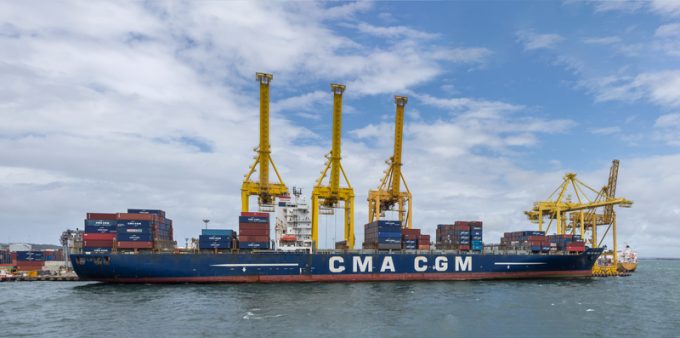Clear choice for shippers and forwarders, thanks to Rijeka terminal moves
Shippers and forwarders in central and southern Europe using the Croatian container gateway of Rijeka ...

DP World Australia (DPWA) is to axe 200 dock workers, blaming volume losses since September.
Yesterday’s announcement came amid a second bout of industrial action at the port operator’s Sydney, Melbourne, Brisbane and Fremantle terminals, which it said had impacted the entire supply chain, causing delays ...

Comment on this article